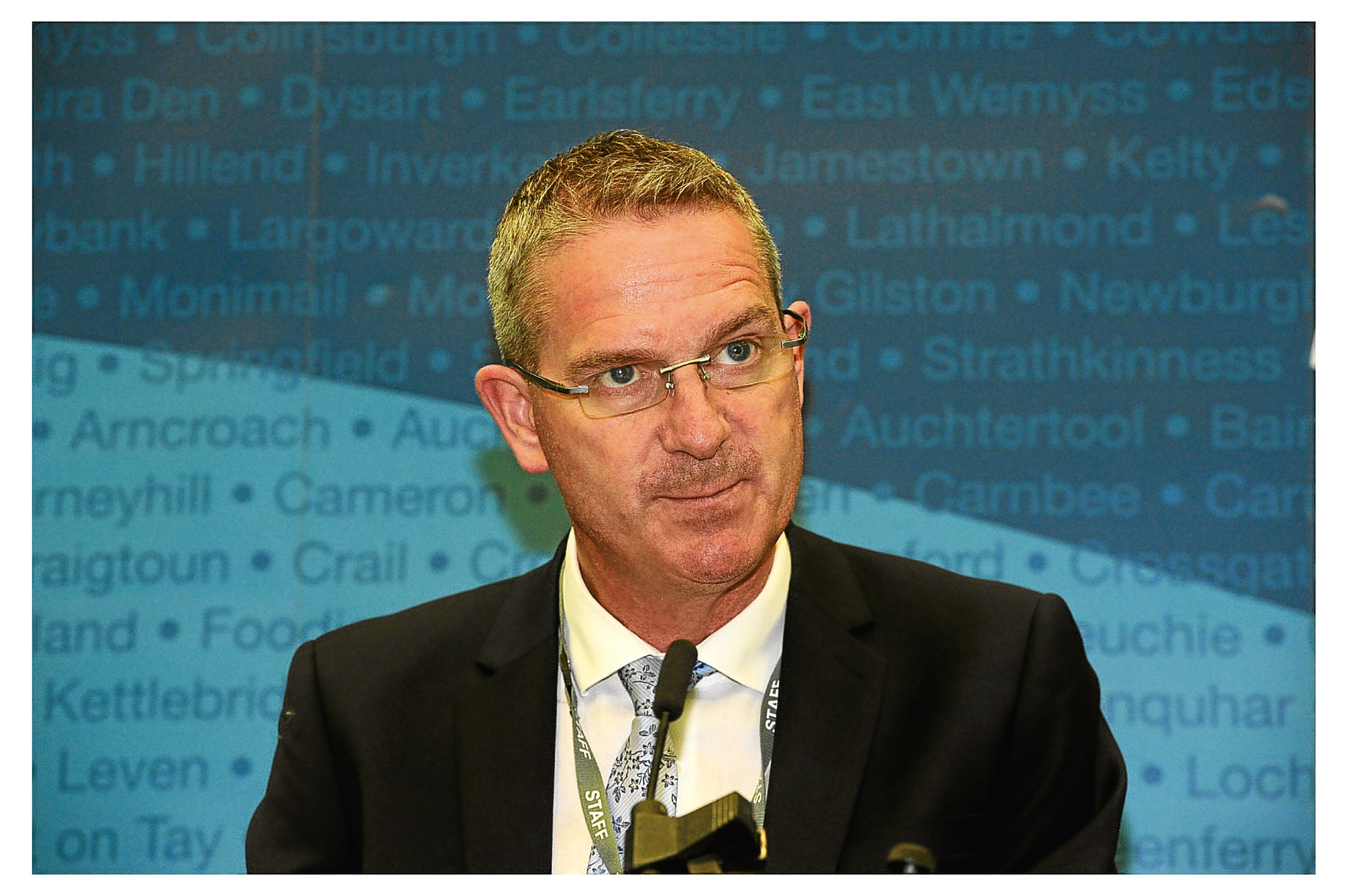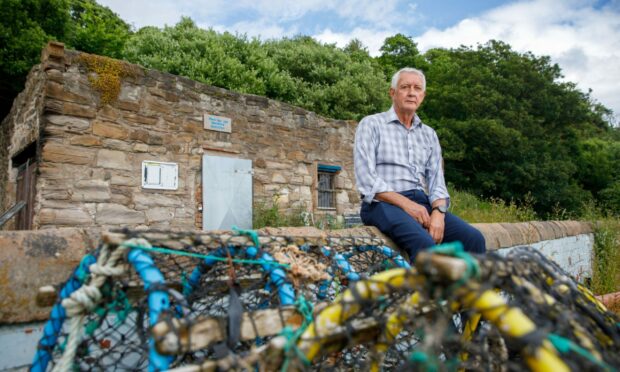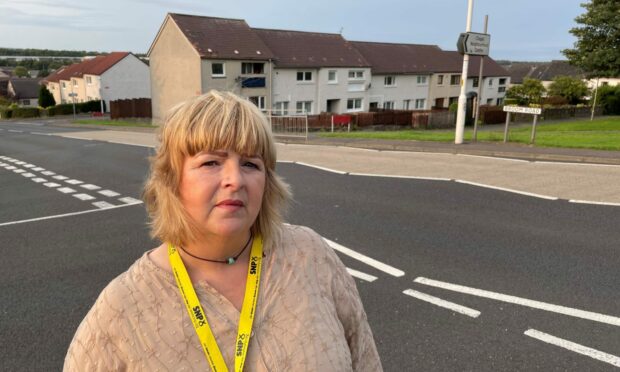A key measure to ease Scotland out of lockdown could see more people turn to cash-strapped local authorities for help with supplies of food and other essentials
Contact tracing technology being piloted in Fife is likely to result in increased demand on under-pressure services as people are encouraged to isolate in a bid to reduce transmission of coronavirus.
Fife Council chief executive Steve Grimmond said the move could bring additional costs which would require to be fully funded but that further work was needed to assess the full implications of the test, trace and isolate policy for the local authority.
“It is expected a significant number of residents will be encouraged to isolate and may need support,” he said.
“It’s the isolate and support element the council is exploring in detail as part of the whole exercise.
“We’re looking at how we can utilise the existing model of shielding support to help individuals who may be identified under the test and trace initiative and there may well be additional costs related to that.”
The Scottish Government has said the policy is vital in the battle against the virus and the gradual lifting of measures as it would allow the identification of people who have been in contact with anyone who tests positive.
Fife Council has already forecast £30 million of unforeseen additional costs as a result of the coronavirus pandemic and the amount is expected to rise significantly as some safety measures remain in place over the coming months.
Labour co-leader David Ross said any Scottish Government funding was unlikely to cover all costs and that the way in which services were provided may have to be significantly reformed as the country enters a “new normal”.
“One thing I’m clear on is that should not be at the expense of our staff,” he said.
“We need to recognise that we need our staff. We need the commitment and work they are going to do to come out of this.
“It has brought into sharp focus the importance of, particularly, low paid staff and the vital role they play in looking after communities.”
The council has seen a 70% increase in the demand for welfare and is supporting 11,000 people who are shielding by providing food and essentials.
The contact centre is dealing with more than 1,000 calls a day and 930 food parcels have been provided in the Levenmouth area alone.
More vulnerable people are expected to be identified as the effects of furlough and job losses accumulate.
Mr Ross said: “There are people who are vulnerable who we never would have thought would be vulnerable in our communities.”










